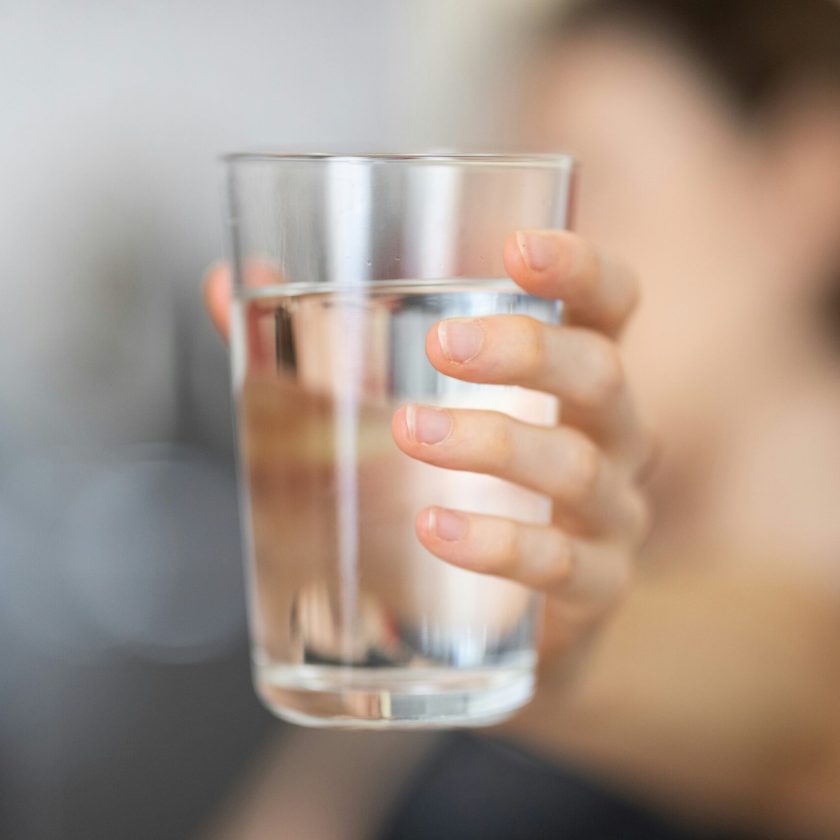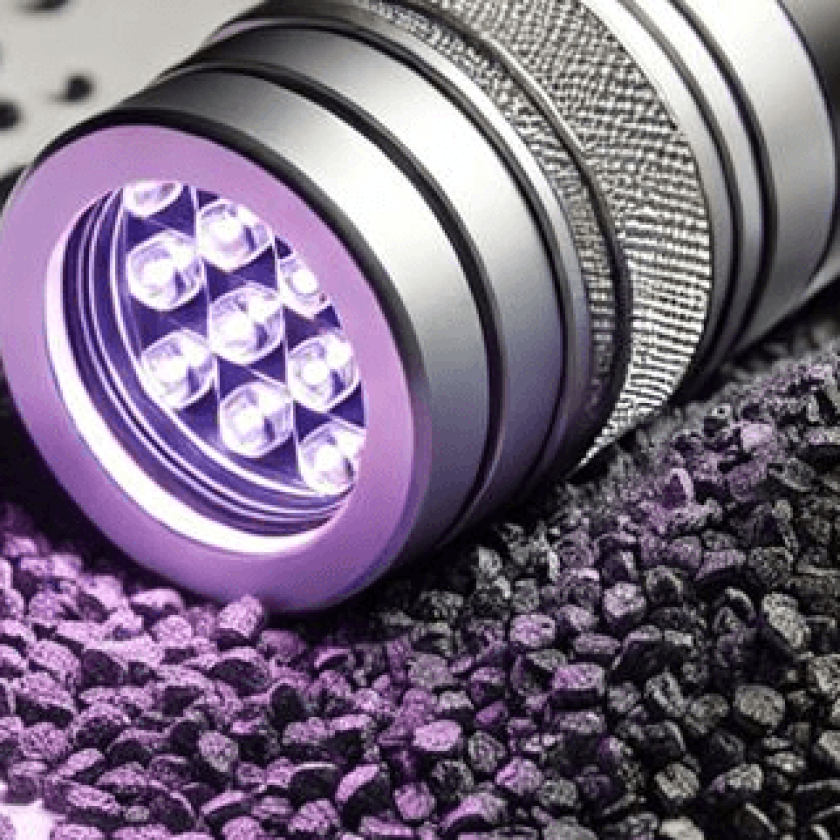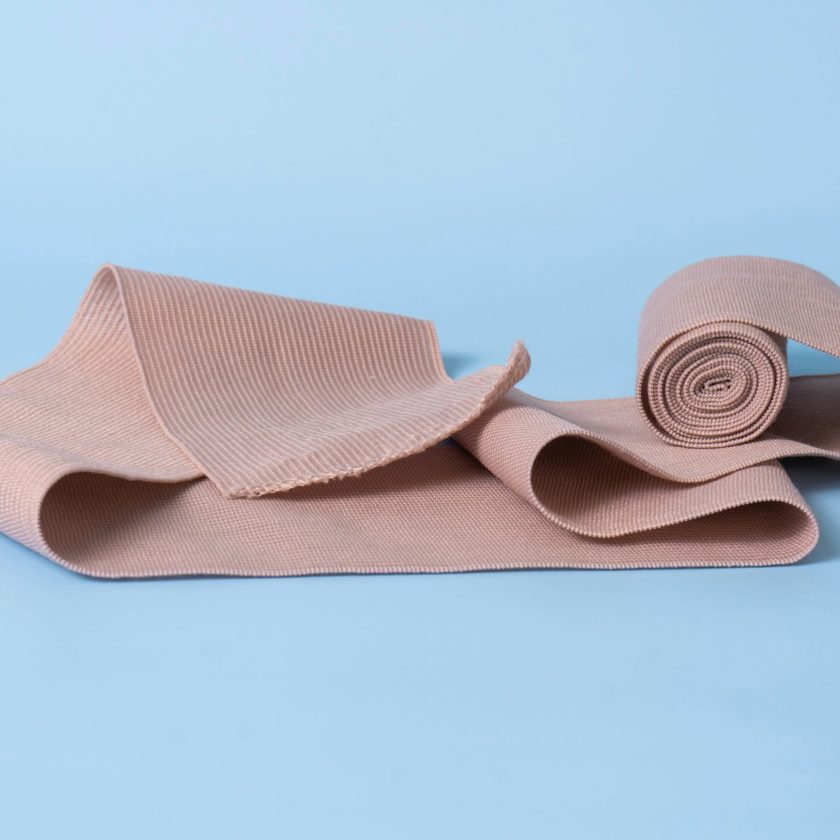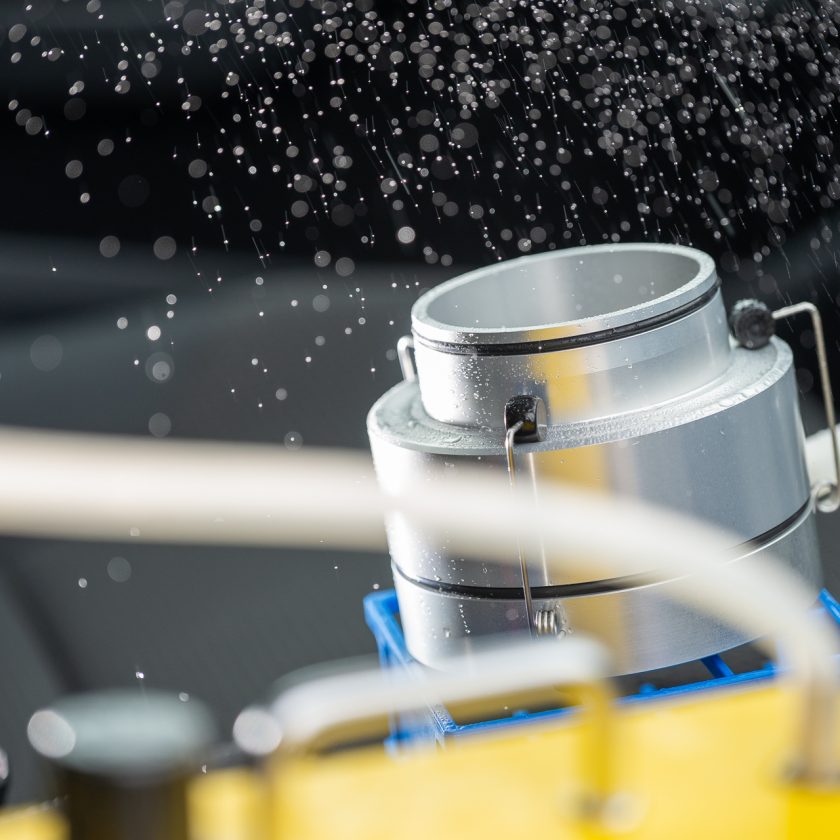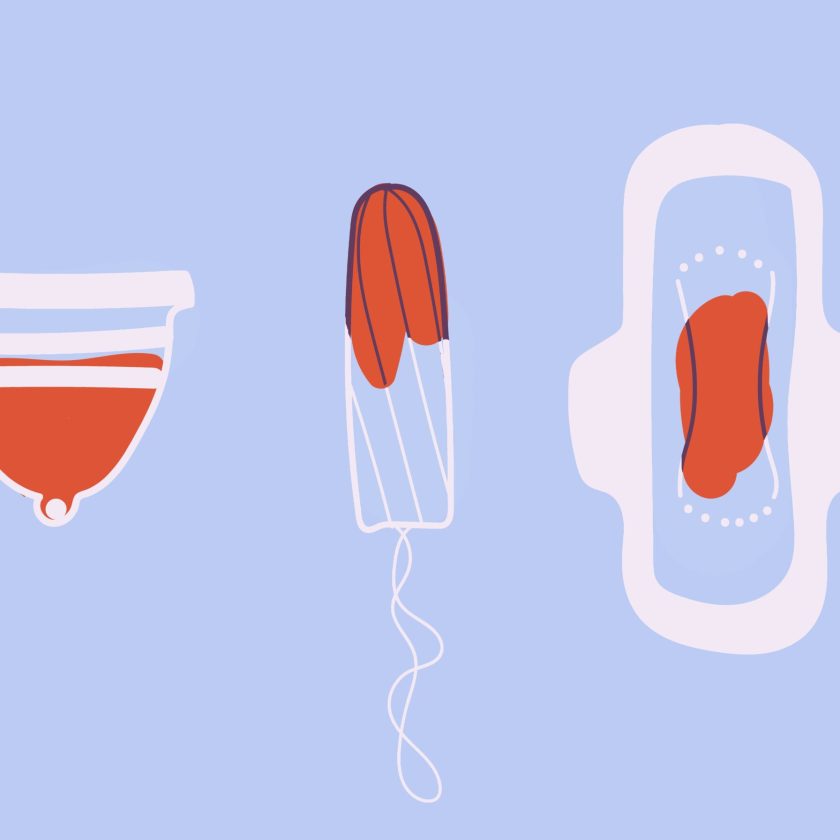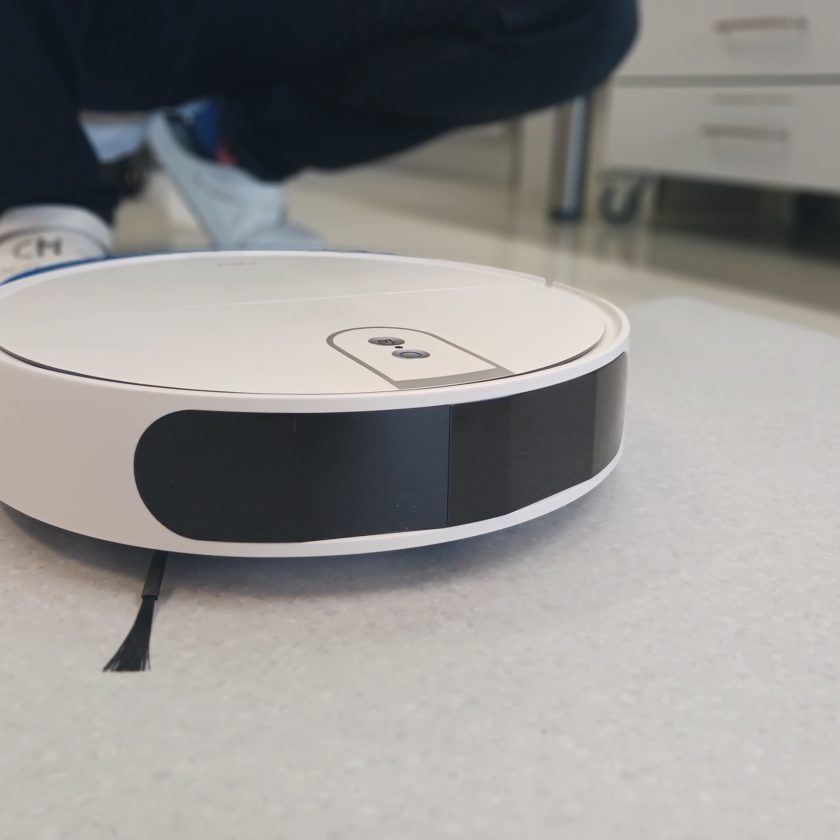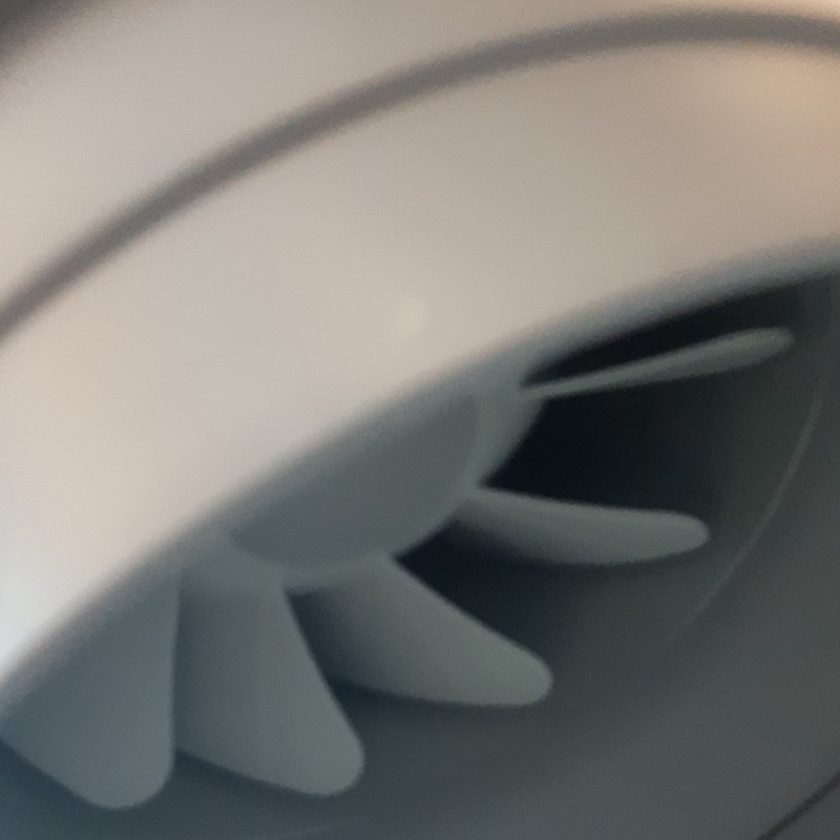At OFI, we offer analyses within the framework of ISO 10993 (Biological Evaluation of Medical Devices). These are used for product approval. In addition, we support you with contract research in the development and optimization of your products and are involved as scientific experts in a large number of funded, national and international, projects.
All of our testing strategies work without animal testing. In addition to accredited chemical characterization, we also use partially accredited in vitro methods to evaluate cellular changes.
Accredited methods
- Testing for in vitro cytotoxicity according to ISO 10993-5: Testing for cytotoxicity of sample extracts using L929 mouse fibroblasts. Optical (microscopic) as well as metabolic evaluation (including MTT).
- Chemical characterization according to ISO 10993-18: Chemical characterization of extracts by HPLC-UV/VIS, HPLC-FLD, HPLC-MS/MS or HPLC-MS-TOF for low volatile substances as well as GC-FID-MS or HS-GC-MS after extraction for high volatile substances. We are also happy to carry out material characterization tests using SEM-EDX or DSC.
- Test for irritation according to ISO 10993-23: Test for irritation using 3D skin models
- Sample preparation and reference materials according to ISO 10993-12
- Tuning of extraction parameters such as time, temperature and solvent
- Product-dependent surface and gravimetric determinations for compliance with extraction ratios
Non-accredited methods
In-house validated methods for the determination of the sensitizing potential of sample extracts based on ISO 10993-10 and OECD TG 442C, D:
- DPRA: by an HPLC based method the degradation of two amino acids is determined (coverage of key event 1)
- MDA-ARE: cell culture-based test for the investigation of potential triggers of allergic reactions (coverage of Key Event 2)
- Corrosion based on OECD TG 431: test for corrosion using 3D skin models
Additionally, we offer
- Risk analysis based on existing literature (e.g.: recipe evaluation)
